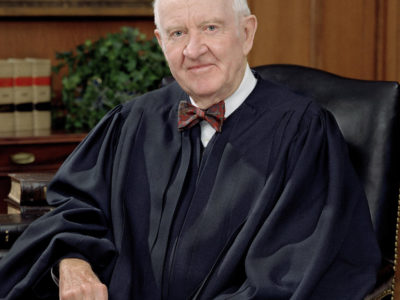More on today’s White House announcement re Copenhagen
Dan writes immediately below about Obama’s announcement that he’ll attend the talks in Copenhagen in two weeks, and with a U.S. emissions reduction target in the range of the 17% below 2005 levels found in the House bill.
At the press conference on this announcement, a little more was said about the kind of agreement the White House is now hoping to acheive in Copehagen. In recent weeks, much has been written about the tamping down of expectations for a legally binding agreement this year. The recent watchphrase has been “politically binding” rather than legally binding, which not many people seem able or eager to define.
In this morning’s press event, Deputy Nat’l Security Advisor for International Economic Affairs Mike Froman described the aim this way:
At this point, with two weeks left before Copenhagen, the focus is on how to create an accord that has immediate operational effect and covers all the major areas of the negotiation. It’s a comprehensive accord that can get a quick start at dealing with the climate change issues. We’re working very closely with Prime Minister Rasmussen of Denmark, the chairman of the conference, and his team toward that end, and we’ll be working with other countries as well to maximize the chances that the negotiations can make progress towards an accord in Copenhagen.
“Immediate operational effect” seems still vague (effect for whom? some countries only? on which deal points? and how is that possible for the U.S., before congressional action?), but better than “politically binding,” to the extent that these words matter.
Reader Comments
One Reply to “More on today’s White House announcement re Copenhagen”
Comments are closed.







The Washington Post now reports:
“China announced Thursday that it will cut its economy’s carbon intensity by up to 45 percent by 2020, the state news agency Xinhua said, and that Premier Wen Jiabao will participate in international climate negotiations in Copenhagen next month.”
Looks like the negotiations may be more productive than expected.